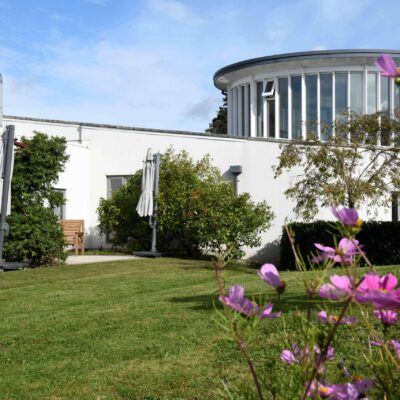Our vision is a world where everyone has fair access to specialist palliative and end of life care. At the centre of our strategy is a commitment to reshaping our services in order to reach as many people in our communities as possible. The needs of our patients, families, and the local community we serve are evolving all the time and we recognise that we must adapt to help those who need us most.

